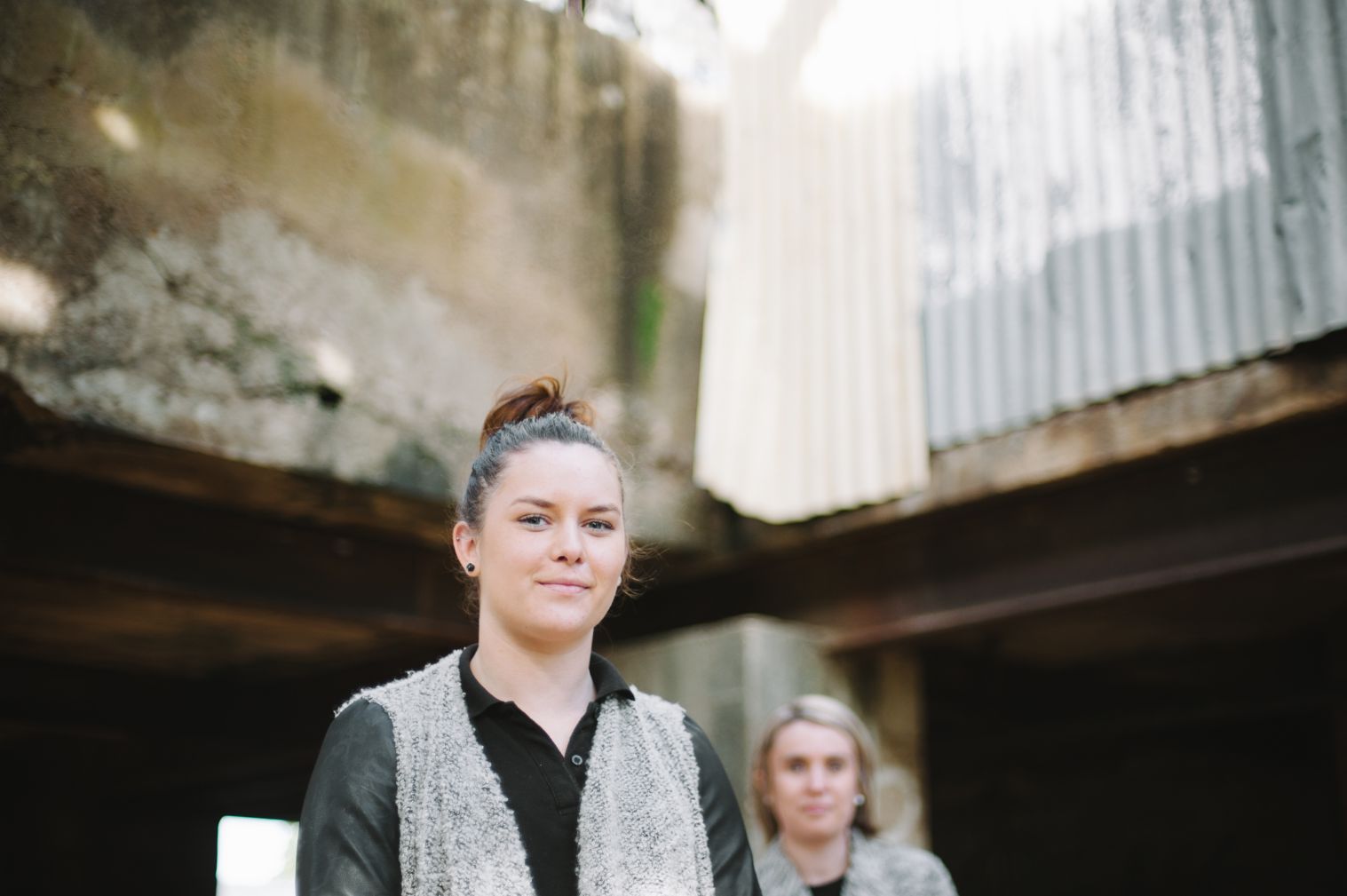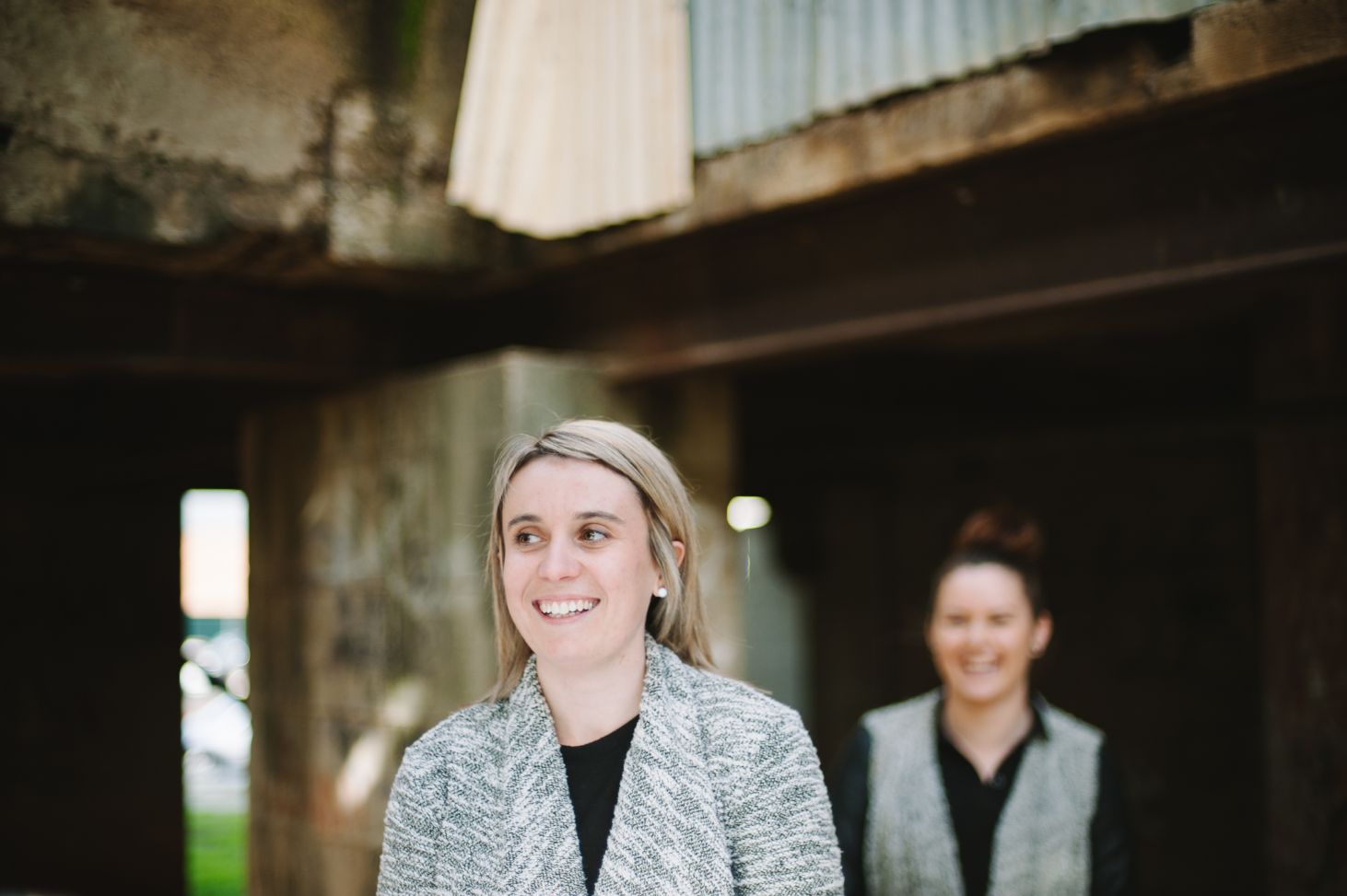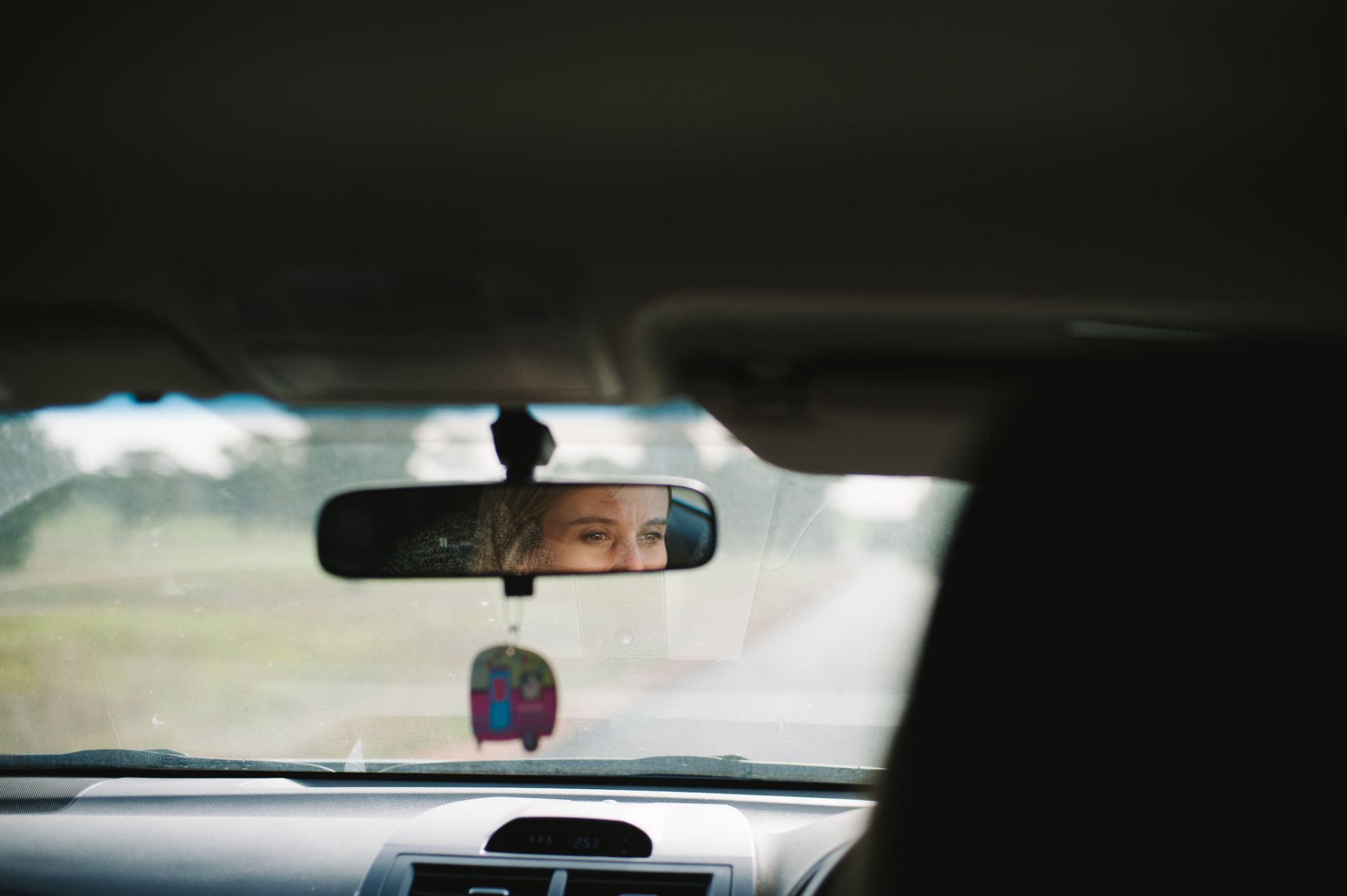Automatic language translation
Our website uses an automatic service to translate our content into different languages. These translations should be used as a guide only. See our Accessibility page for further information.

One thing I learned from working with Sam is that when you find a child falling through the cracks you just have to stand up.
Two years ago, Mission Australia was asked to attend a custodial case conference for a boy who had remained in a Juvenile Justice facility until somewhere was found for him to live. That’s when I met Sam. The meeting was in a big room with loads of people and there was Sam, sitting in this giant chair. He was 15 years old, but he looked so small and vulnerable. I could tell that he was terrified.
Sam was with Juvenile Justice because he had sexually harmed his younger sister. Although his time with Juvenile Justice had finished, he was still there because his family couldn’t take him back. He wasn’t in out-of-home care, so it was my job to be creative about finding him a home.
There were lots of services involved with Sam but it didn’t seem like any were making a real difference for him. Mission doesn’t usually take on the full case coordination of children, but I was really worried Sam wouldn’t get the help he needed unless we did. I spoke with my manager and we decided that we would step up and take the lead.
I wanted to understand more about Sam, his family and what had led him to this point. I searched out as much information as I could find about Sam’s history. I spoke with a DCJ caseworker who worked with Sam when he was much younger. I learned about the abuse, cruelty and trauma Sam had suffered as a child. What Sam had experienced was torture. It was his mum, dad and uncle who had hurt him, even locking him in a cage. And here he was now, locked up again.
Often kids who have sexually harmed other children are put into a ‘too hard’ box. But they need our compassion and energy as much as any other child. It is so important to understand who they are and what they have experienced. See them as a full person, not just their behaviour.
I was determined to find Sam somewhere safe to live, and to help him have an opportunity to live the life that he aspired to and deserved. We quickly arranged somewhere for Sam to live, and he was able to be released from Juvenile Justice.
For a long time I thought he didn’t remember, or had chosen not to acknowledge, his past. He used to make up information about his dad and uncle, like saying his dad was a police officer. It was sad and confusing, but it was his way of dealing with it all. One day, having built trust with Sam, he told me that he remembered everything. Remembered what his dad had done to him. I think it was even harder to hear that he remembered.
Sam has a mild intellectual disability and he suffers from depression. He has attempted suicide and also self-harmed. These moments have given us a clear understanding of the impact Sam’s past continues to have on him. We have been with him every step of the way. Showing him that we will be consistently there for him has helped him learn that he does matter and he can rely on other people.
Sam is a very generous and open boy, but this also makes him vulnerable. Through a lot of listening, mentoring and guidance we have helped Sam to better understand how to protect himself and how to keep himself and others safe.


Intensive and collaborative work with other services has been key to meeting Sam’s complex needs, and closing any gaps in services. It can be hard to do that in regional NSW. We have designed a support framework tailored to him. At each step we have picked up on different challenges and helped him build skills - from education and social skills to intensive living skills support. He has also completed specialised treatment for sexually harmful behaviours.
As a group we meet fortnightly with Sam. Regular meetings have been important to keep things on track and to create new plans when we face challenges. It’s been hard to find stable housing that fits Sam’s needs, but we didn’t give up, and he is now doing well living independently with extra support from us. And despite all Sam has faced, he’s still in school. He has been so committed to stay in school, and I am so proud about that.
I believe that including young people in decisions about their lives, really listening to them and taking on board what they want makes a big difference. This is just basic respect. With Sam, this has been even more important. I imagine throughout Sam’s life he has always been told what to do, and been made to feel like he is not important and he has no control. We never took it upon ourselves to make the decisions. We always included him and encouraged him to be part of the process. This was about empowering Sam, and building his dignity. He’s developed confidence over the last couple of years. He used to be submissive. He now pushes back.
By building a strong, reliable relationship with Sam it has allowed him to open up and start to work through the impact of what he has suffered. He still struggles with his past, of course. A while ago we found him unconscious after he overdosed on medication. A few of us went to the hospital to be with him in that moment. We wanted him to see that we care. I felt so sad that I was his emergency contact and that he had no one else. We are working hard to change that. We are helping him to navigate the relationships in his life, develop safe and positive friendships, and we let him know when we are worried about any of the people in his life.
Sam isn’t ready to be back in contact with his mum and younger sister, though I hope that one day he will be, and we will support him when he is ready. He has a lovely relationship with his nan, and we encourage contact with her. Last Christmas we helped him save money to buy her a present. He was so proud when he was able to do this for her.
Sam knows that we are here for him when he needs help. In fact he knows every person who works in this building. While I’ve been his key contact Sam has built good relationships with a number of the workers here. It’s like his home base. Emily has now come on board as his caseworker and she’s doing a great job supporting him. He is comfortable to go to Emily when something has gone wrong and she supports him without judgement. Sam knows that we have his back.
I often reflect back on my time working with Sam and how far he has come. He’s a typical 17 year old boy now. Every day he changes and we always adapt to reflect his changing needs and dreams. I think it’s natural for him to start to separate himself from Mission, and that’s a good thing because we want him to gain independence.
Working with Sam has been a great test in being creative and persistent. It’s been a good learning experience for all of us. By showing empathy, and trying to understand Sam’s world, we learned how to hold back our judgement and create a life with a safer and happier future.
Director, Intensive Support Services
What a great example of the good work of practitioners who go the extra mile. Megan saw Sam’s need and stepped up. I can only imagine what that moment meant for Sam.
The story speaks to all the qualities of great casework – really listening, understanding what’s happened, establishing safety and building hope. Living in the moment, planning for the future and integrating the past.
Long term casework with kids with complex needs is hard work. But we know that healthy relational interactions with safe and familiar people can heal trauma related problems. The importance of an enduring casework relationship should never be underestimated.
Megan and the team at Mission Australia show just how effective casework can be when you hang in there and never give up.
16 May 2023